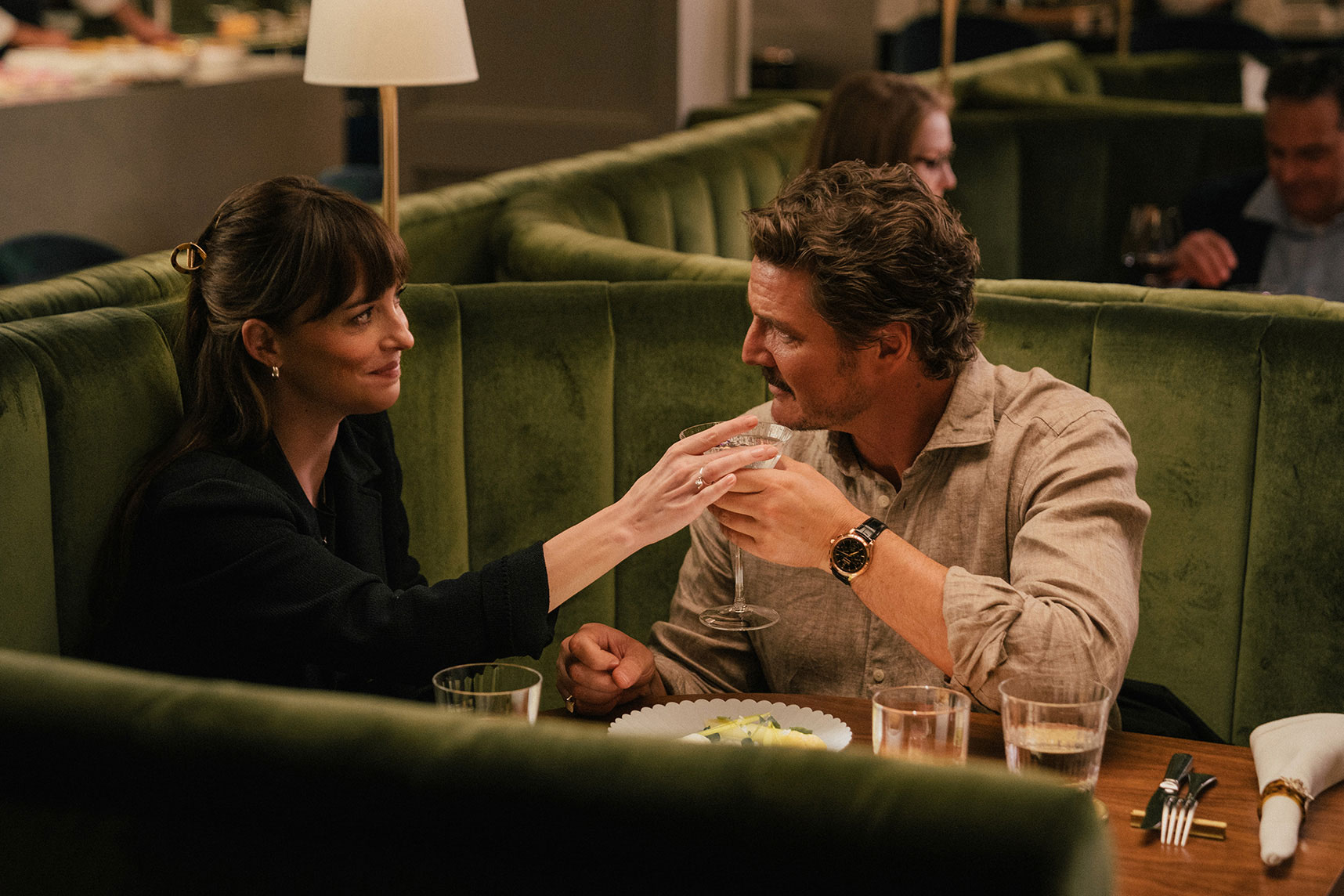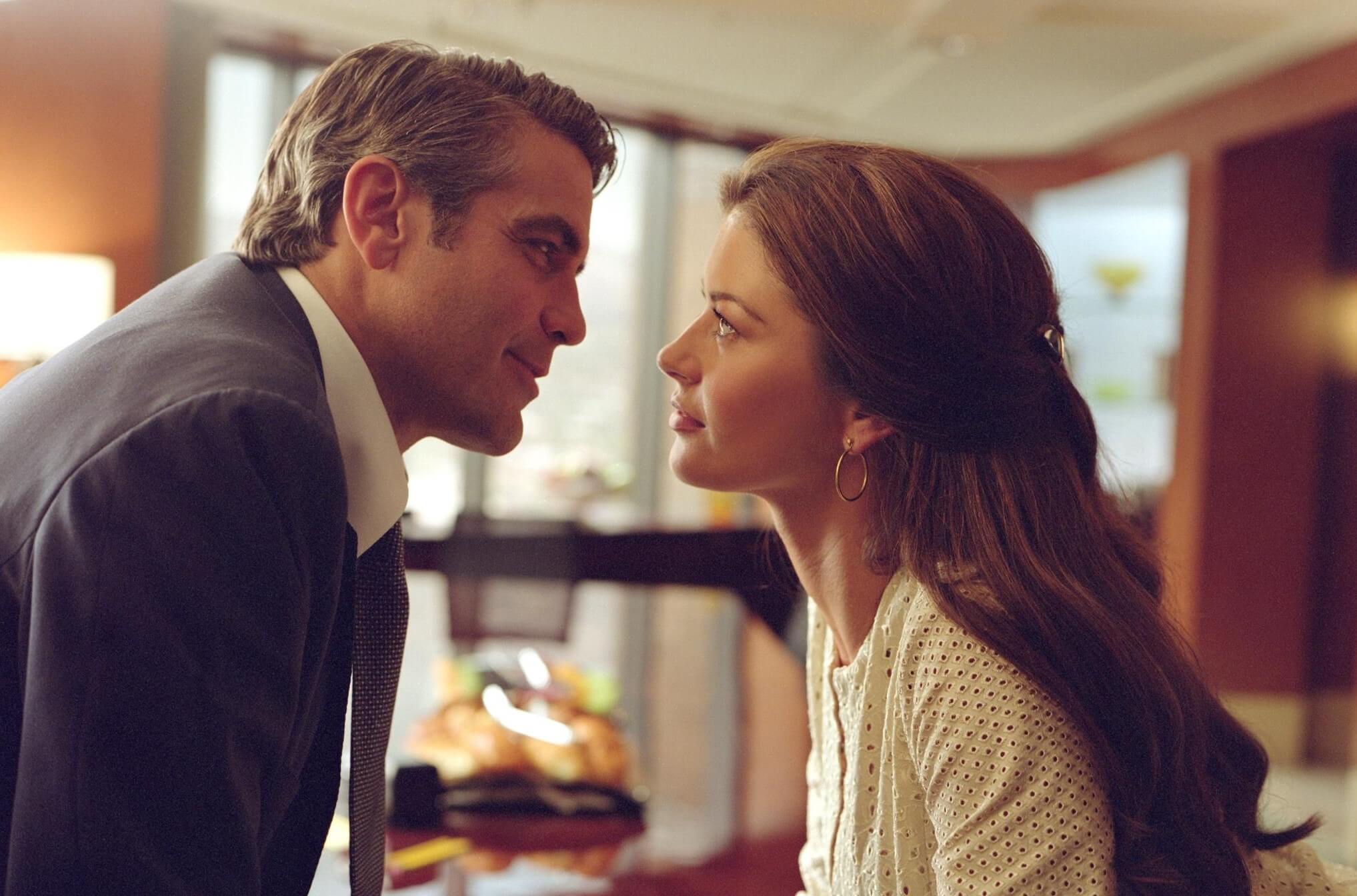After the tidal wave that was the Me Too movement, The French author Karine Tuil published “Les Chooses humaines”, in which she questioned, out of temperance and with a transversal vision, sexual consent and how the perception of this has evolved socially, to the point of provoking a series of ethical and moral debates that find its point of friction with the judicial system, which is impassive in adhering to the complicated interpretation of the factswhich invites an even greater conversation about an issue that has been hijacked by politics.

A novel that has finally put the rule of law at the center and that has won the Goncourt Prize, in addition to Femina, as well as being a finalist for the Interallié prize. A work that questions the Manichaeism of public opinion and the sensationalism that Yvan Attal dared to go to the big screen with “The Accused”presented out of competition in the Official Selection of the 78th Venice Film Festival and was nominated for a César for best non-original screenplay.
Attal, who writes the screenplay together with Yaël Langmann, a regular collaborator of his filmography having co-written the libretto of ‘Good Principles’ and ‘A Brilliant Reason’, knows how to bring the social and intellectual depth that Tuil has outlined in his film language. novel, loosely based on the Turner case, which happened at Stanford University in 2016. The author has transformed the story into a thorny version of events, in which the protagonist becomes a Gallic university student, the son of one of the most famous journalists and television presenters of French society and a well-known and controversial essayist. known for being part of radical feminismaccused of rape by the daughter of her mother’s new boyfriend, daughter of a literature professor and a devout Jewish woman.

The film, in a clear and tense thriller tone, It has the difficult objective of being distant from the prosecution, as it is a proposal that narrates the versions of both sides, that of the complainant and that of the accused. Attal maintains the deep humanism of the original book, giving it an awkward depth on how people with their virtues and flaws hide behind certain actions. Also, here the original title of both the book and the tape makes a special sense. Attal and Langmann limit a story that invites tremendousness and that exposes the controversial sensationalism of which a serious crime such as sexual assault has become a prey.
The rule of law, the only one that should clarify the facts
The director is right in not showing the facts, leaving the final judgment on what happened to the interpretation of the audience, as if it were a popular jury to which versions of the facts are presented and which recalls the importance of joining the judicial system to decide whether there has been a crime or not. In this sense, Attal follows Christian Vincent’s path with ‘The Judge’, in which Fabrice Luchini left a phrase that could be applied to ‘The Accused’: “You are not there to know the truth, but to implement the law, what the person should or should not do”.
In that line, Attal clarifies how the perception of sexual consent has evolved within public opinion itself and how current feminist movements have served to reflect this friction between different generations. and how such an intimate subject continues to be so exposed to society. The director is very clear about the apparent irruption of the gray areas surrounding him, thus exposing the importance of the rule of law that clarifies the facts.

Perhaps, From this point of view, the speech of the protagonist’s father, embodied by Pierre Arditi, is very evident.a seventy-year-old who represents how his profile as a seducer reveals a generation of men who have exploited their position to take advantage of women, who have been taken into consideration intellectually, while not entering the field for that of sexual crime, but in a complicated play of charm and power, which is reflected in the father’s influence on the offspring.
But “The Defendant” also covers how the alleged offense puts theory in the mirror and its difficult implementation when it comes to a personal matter. Here she is seen with the character of the mother, played by Charlotte Gainsbourg (Attal’s partner and real mother of the main actor), who experiences a dilemma before defending her son’s version and compromising his entire career, or continuing her own. ideas. Added to this is the social position of a middle-class complainant with respect to a defendant who lives in a privileged way.
A feature film that takes a topical issue seriously
In this crossover of accusations, its two young protagonists dazzle. First it’s time to highlight Ben Attal, son of the director and Gainsbourg. Although he already had experience as a performer, “The Accused” is his first starring job. Attal Jr. brings a very human depth to a character who never becomes an archetype. A profile that explores the psyche of a wealthy child who has had everything and who has been granted everything for not having dedicated real time to educating and caring for him.

Though the one who becomes a real discovery is Suzanne Jouannet, who makes her film debut with this role. The actress faced the challenge of delving into how sexuality, intimacy, is perceived differently depending on the sex. Her character makes it clear how moral impositions, the opinion of society or religion directly influence the way women approach their sexuality. This, of course, adds an extra layer to a film that manages to be an exception within a topic that needs a more peaceful conversation, especially since it was appropriate for political interests.
‘The Accused’ is perhaps Yvan Attal’s roundest film, who has already shown a helping hand for clever comedy with ‘A Brilliant Reason’. A film that exposes the importance of the rule of law and the rule of law and how this should also take into account the evolution of society. Brilliant film, one that reminds us of the importance of a peaceful debate.
Note: 8
The best: How uncomfortable it is when you don’t position yourself with either party.
Worse: It has a few subplots that, although they were logical in the novel, when they were transferred to the cinema, they were decentralized to the main plot.
Source: E Cartelera
Elizabeth Cabrera is an author and journalist who writes for The Fashion Vibes. With a talent for staying up-to-date on the latest news and trends, Elizabeth is dedicated to delivering informative and engaging articles that keep readers informed on the latest developments.




